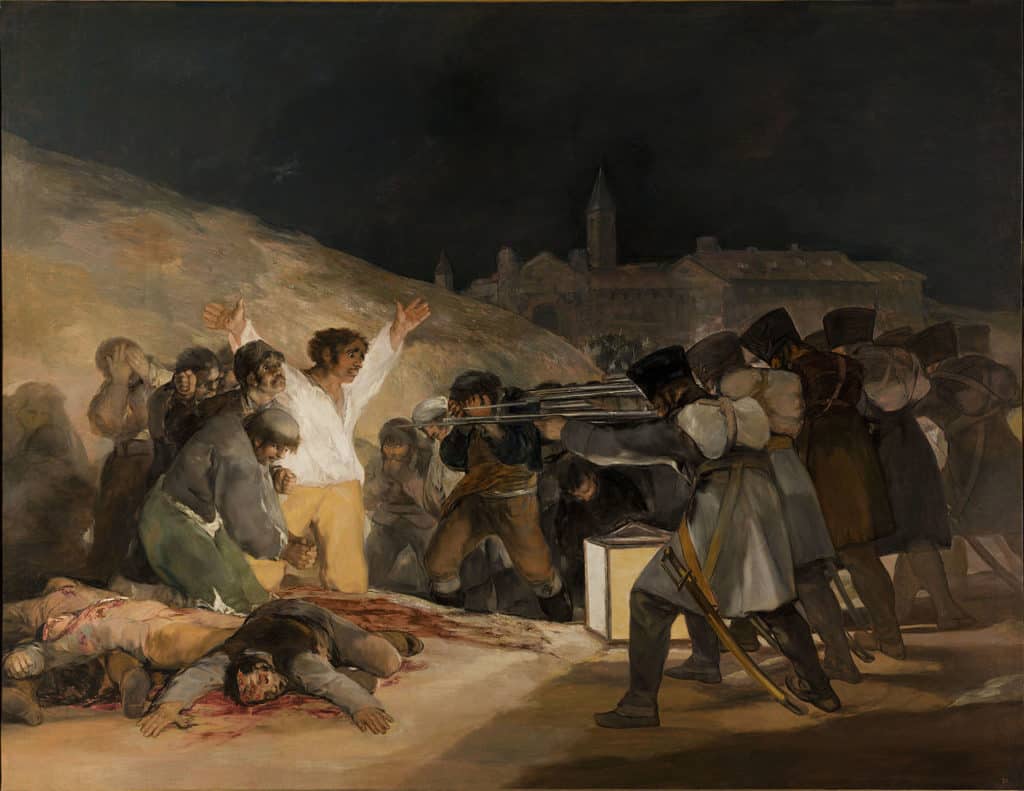Many of us are tending to form the impression that our societies are fraying at the edges. In the UK, people have probably never been so polarised – at least not in recent times. The Brexit vote, the Scottish referendum, the attitude of our current political class – fomenting division rather than unity seems to be the preferred option. All these have opened up division and resentment.
And the UK is not alone. Trump’s America, the French election, Poland, Hungary, and on it goes.
Many put this down to the rise of the divisive politics of blame and the rhetoric of so-called populist parties. But that itself is the politics of blame. It’s not us – let’s blame Farage, Le Pen, Trump or Wilders. So much easier.
The reality is that much of what constituted the bonds of social cohesion is disappearing. And we have no replacement. During the centuries where religion formed a prominent role in society, it served to create a sense of cohesion through common values. Especially so in countries where there was one dominant religion – though, to be fair – religion was, and still is, used by many to foment division even when the religious difference seem minor.
Broad racial and cultural homogeneity within communities and countries also contributed to social cohesion. As did external threats – there’s nothing quite like a very visible enemy to bind people together.
But all these factors have largely disappeared. In an age of multi-culturalism, values that are secular or, if religious, seem to emphasise difference rather than commonality, the progressive weakening of the nation state in favour of either internationalism and globalism or regional autonomy or independence (two sides of the same coin), a culture of individualism rather than community, what is it that will continue to bind people together? Is wanting the latest iPhone really the only common factor?
There is no easy answer to these questions. But it is time that the issue became part of the public discourse. How do we do that?
Help us lay the intellectual foundations for a new radical politics. Sign up to get email notifications about anything new in this blog.





